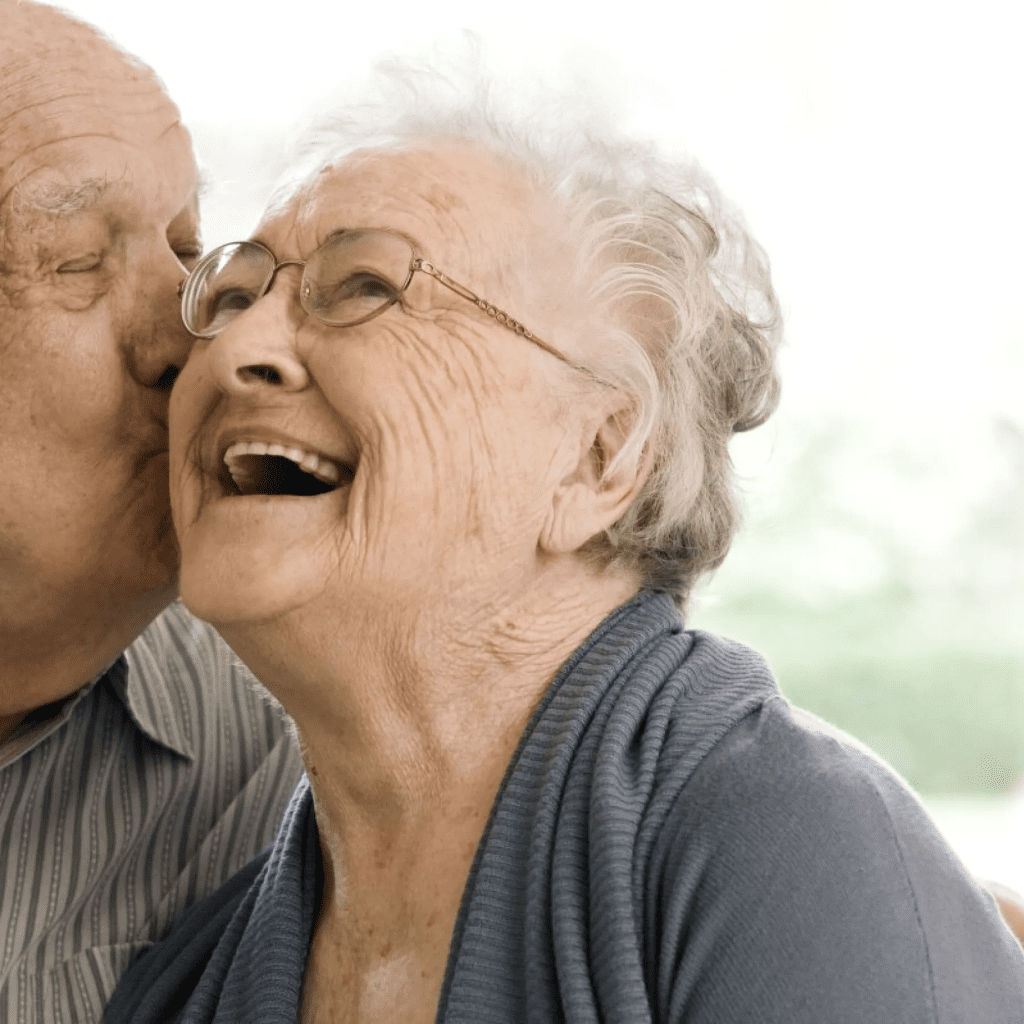Aging brings wisdom, experience, and cherished memories, but it also comes with some less glamorous changes. Among them is something most people have noticed but rarely discuss: the distinct scent often associated with older individuals, colloquially known as “old person smell.” Science confirms it’s not just a myth—this unique odor is real, and understanding its origins can help address it effectively.
What Causes ‘Old Person Smell’?

The so-called “old person smell” isn’t linked to poor hygiene, as many might assume. Instead, it’s primarily caused by a chemical compound called 2-nonenal. This compound forms when fatty acids on the skin break down due to oxidation, a natural process that becomes more pronounced with age.
As we grow older, our bodies produce more fatty acids, while antioxidant levels that protect against oxidation decrease. The result? Increased amounts of 2-nonenal, which creates that musty, slightly greasy scent that many recognize. Interestingly, this odor is often most noticeable on the chest and back, areas where the skin’s oil production is higher.
Illness, Medications, and Odor
Health conditions and medications can also contribute to changes in body odor. Certain illnesses, such as diabetes or kidney disease, may affect how the body processes waste and toxins, which can alter a person’s scent. Similarly, medications can influence the body’s chemistry, potentially amplifying odors.
Research published in the Journal of Investigative Dermatology in 2001 found that older adults had higher concentrations of nonenal lingering on their clothing, even after washing. This means the odor isn’t limited to the skin—it can embed itself into fabrics over time.
Is There an Evolutionary Link?
A fascinating study from 2012 suggests that our ability to identify the scent of older individuals may have evolutionary roots. Similar to animals that can detect the age and health of their peers through scent, humans may subconsciously use these odors to form connections to their ancestors or gauge vitality. While this theory adds an intriguing dimension, it doesn’t negate the desire to minimize unwanted smells for personal comfort and social confidence.
How to Manage and Reduce the Odor
The good news is that there are practical steps to combat the effects of 2-nonenal and maintain fresh, healthy skin as we age. Here are some effective strategies:
1. Prioritize Skin Hygiene
While 2-nonenal can cling to the skin even after washing, regular cleansing with specific products can help. In Japan, where this issue is well-recognized, companies have developed body washes and soaps containing persimmon extract, which is known to neutralize the odor effectively. Incorporating these products into your routine can make a significant difference.
2. Keep Clothing Fresh

Nonenal tends to accumulate on fabrics, so it’s essential to wash clothes frequently and thoroughly. Consider using detergents designed to remove stubborn odors, and don’t forget to launder items like bedding and towels regularly. Airing out clothes and using natural deodorizers can also help.
3. Stay Active
Exercise boosts metabolism and helps regulate hormone levels, which can reduce the production of fatty acids that lead to nonenal. Physical activity also supports overall health and can improve skin quality, making it a win-win solution.
4. Embrace a Balanced Diet
Eating a diet rich in antioxidants can counteract oxidative stress and reduce the formation of 2-nonenal. Incorporate foods like berries, leafy greens, and nuts, which are high in antioxidants, into your meals. Staying hydrated is equally important, as dehydration can dry out the skin and amplify odors.
5. Ventilate Living Spaces
Sometimes, the smell associated with aging isn’t just from the individual but from their environment. Allow fresh air to circulate through rooms regularly to eliminate musty odors. Adding indoor plants or using air purifiers can also improve air quality.
6. Show Compassion and Empathy

As much as managing the odor is practical, it’s equally important to approach this topic with sensitivity. Aging is a natural part of life, and changes in body chemistry are unavoidable. Instead of viewing the odor as a flaw, we should focus on treating our elders with respect and kindness while offering practical solutions to enhance their comfort.
Specialized Products: Do They Work?
The market for products targeting nonenal odor is growing, particularly in countries like Japan. From deodorizing sprays to specially formulated soaps, these products claim to neutralize the compound effectively. While scientific evidence supports the efficacy of persimmon extract and similar ingredients, individuals may need to experiment to find the solutions that work best for their needs.
Conclusion: Addressing ‘Old Person Smell’ with Understanding
“Old person smell” is a real, scientifically explained phenomenon, but it doesn’t have to be an inevitable part of aging. By understanding its causes and taking proactive steps, we can help our loved ones maintain confidence and comfort. From specialized skincare to fresh air and balanced diets, the solutions are simple yet impactful.
Most importantly, let’s remember that aging is a privilege, and every wrinkle, laugh line, and change in body chemistry tells a story of a life well-lived. By embracing compassion and empathy, we can support our elders in feeling their best while celebrating the wisdom and love they bring to our lives.


